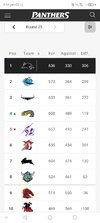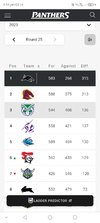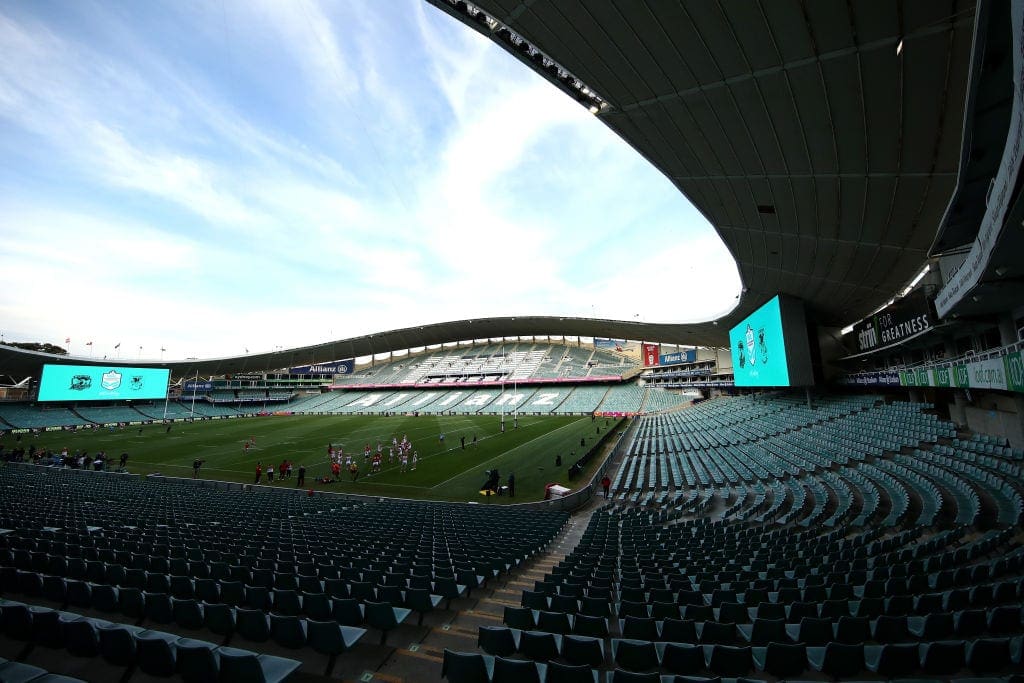From the Sydney Morning Herald...
Last year’s grand finalists both lost a No. 9 and gun forwards. Why has only one fallen so far?
ByDan Walsh
August 23, 2023 — 11.45am
Brad Arthur is bang on when he says, “the grand final rematch doesn’t mean anything right now”.
Not least because the Panthers are clearing space in their trophy cabinet for more additions this September. But mostly because the Eels have nothing but a clear schedule after the end of August.
Parramatta’s recruitment and retention has been rightly picked over for much of 2023, given key figures Reed Mahoney, Isaiah Papalii, Marata Niukore and the underrated Oregon Kaufusi all exited last year’s grand final side.
By both the sum and sheer number of parts, Penrith’s annual exits – Api Koroisau, Viliame Kikau and Charlie Staines – fall short of the load Parramatta has carried out of last year’s decider.
But the Panthers’ single greatest advantage over their 16 rivals – depth – has proven to be Parramatta’s greatest weakness.
That, and discipline.
Long-term injuries to Shaun Lane, Mitchell Moses and Reagan Campbell-Gillard have hurt.
Eighteen weeks in suspensions between just four main men – Dylan Brown (seven weeks), Reagan Campbell-Gillard (four), Maika Sivo (four) and Ryan Matterson (three) – stings more than any salt could.
“We missed the jump at the start of the year,” Arthur said of a campaign with just 80 minutes and a last-round bye left and that, in all likelihood, will end with an 11th-place finish.
“Injuries happen but suspensions are within our control. And if there’s one singular thing that’s really hurt us [it’s discipline] … I’m proud of the effort. I’m not proud of how we played, because it’s not good enough.
“We should be in the eight. It’s as simple as that. Trying hard’s not good enough.”
Penrith’s ‘next man up’ – be it Jack Cogger replacing Nathan Cleary, or Mitch Kenny and Scott Sorensen stepping in for Koroisau and Kikau – just fit the Panthers system,
as colleague Andrew Webster wrote, better than Lego.
Penrith’s attack has subtly evolved without Koroisau’s sleight of hand to use James Fisher-Harris and even Moses Leota as link men more often.
Kenny spends half his game time as a small middle forward when Soni Luke comes off the bench.
Giving Penrith time to hone those combinations with ball-in-hand (remember their clunky first six weeks of the competition), has been the best defence of a generation.
The 13.75 points they conceded per game last year was the fewest in the NRL. This year they’ve grown even stingier – leaking just 12.18.
That Brisbane’s defence is the next best, yet they still concede an extra try per game, doesn’t get the attention it deserves.
Parramatta, meanwhile, have slid from conceding 20.38 points per game (eighth) to 24.17 (11th).
They still throw more offloads than any rival, but now make more mistakes than anyone bar the Roosters. Last year, only Penrith and Melbourne bettered the Eels’ error-rate.
“Our execution isn’t quite there,” Arthur lamented. “The other thing is you’re changing combinations, you’re changing players. We had a lot of players that were here for four or five years that worked well within our systems, our structure and knew exactly what we did.
“And when you bring in new players, it takes time. It’s not an excuse, it’s just the truth.”
Again, Arthur is bang on.
When the Eels have scrambled to fill an absence, depth at the club – especially in the outside backs – has been badly exposed. As it is with most teams.
Except Penrith.
Be it Sorensen, who was earning $700 a week working demolition before Penrith picked him up off the NRL scrap heap, Tyrone Peachey sacrificing six-figures to return to the club or the latest rural rookies like Tom Jenkins and Liam Henry, they just seem to slot in seamlessly.
“I was blown away when I first got here and began to learn the defensive system,” Sorensen, one of three players older than 30 at the Panthers, says.
“You could just feel the belief in it. These young kids come in and they fall into our system. It takes care of itself a little bit and takes care of them too, because it gives them confidence.
“They see themselves doing well and playing well, and the defensive system helps them come up with good decisions. It’s not perfect either though, we’re always working on it.
 westernweekender.com.au
westernweekender.com.au





